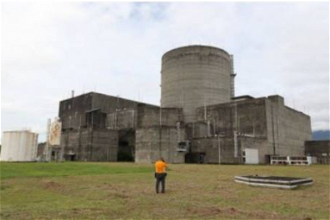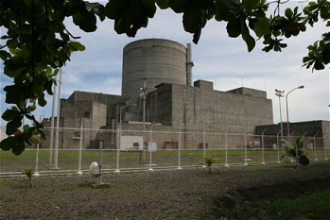Philippines: bishops urge government to discard nuclear power

Bataan
In the light of the Japanese nuclear emergency, the Catholic Bishops Conference of the Philippines has been vindicated in its opposition to nuclear power, according to one of its bishops.
The chairman of the Public Affairs Committee, Bishop Deogracias Iñiguez has said that, "what is happening in Japan right now has confirmed our fears".
He recommended that the nuclear site at Bataan, which was never commissioned, be permanently dismantled "as its revival will be most hazardous to health and life of the people". He said recent fears of a nuclear meltdown at Japan's Fukushima plant only proves that the prelates were right in consistently opposing repeated proposals to revive the Philippines' only attempt at building a nuclear power plant.
The Philippine government has appeared keen in recent years to rehabilitate a plant which was completed but never fueled. Lying just 60 miles west of the capital, Manila, it was initiated by the Marcos dictatorship in the 1970s, but was always controversial. The Catholic lobby pointed out repeatedly that it was dangerously close to a major earthquake fault line and near a then dormant Pinatubo volcano. Marcos was overthrown by the People Power Revolution in 1986.
Days after the April 1986 Chernobyl disaster, the succeeding administration of President Corazon Aquino decided not to operate the plant. In fact, Mount Pinatubo did erupt in 1991, the second largest terrestrial eruption of the twentieth century.
For the time being, the campaign to get Bataan operational has gone very quiet. The only sounds to be heard at the site, which is surrounded by lush mountainsides and overlooks the South China Sea, are crashing waves and the sound of seagulls. The Catholic Bishops' Conference - one of the most active in the world on ecological issues - hopes it will stay that way.


















